Invited Speakers
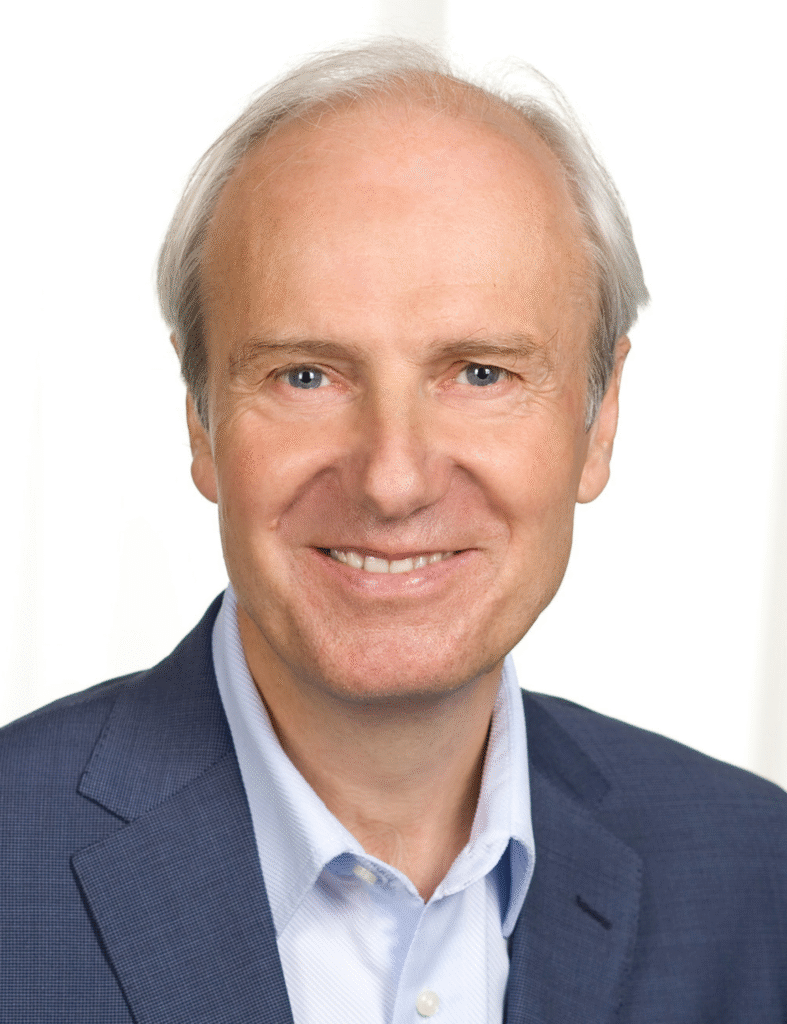
Hubert Hasenauer (Univ.Prof.Dr.DDr.h.c. Dipl.-Ing.)
BOKU University, Austria
Hubert Hasenauer, born in 1962, is Professor for Ecosystem Management and Head of the Institute of Silviculture at BOKU University. He worked 5 years as forest manager for the federal forest company, finished his Master and PhD both in Forestry, and then spent three years in the USA and Finland as a Fullbright and Schrödinger Scholar, before he was appointed as Professor and head of the Institute of Silviculture.
His scientific interests are forest management, ecosystem modeling, and the role of forests in the global carbon cycle. He published more than 300 scientific papers, mainly in peer-reviewed journals. He was the chairman of the scientific advisory board of the European Forest Institute, the chief-editor of Forest Ecology & Management, the associate editor of the Canadian Journal of Forest Science, and is the editor of the Austrian Journal of Forest Science. He holds an honorary doctoral degree from the University of Eastern Finland and the Life Science University of Poznan, Poland.
Besides his academic career, he chaired the academic BOKU Senat for 7 years, was the vice-president of ICA, a network of the 60 European Life Science Universities, and currently acts as President of the Austrian-Africa UniNet, an organization with about 80 Universities in Austria as well as Africa. From February 2018 to January 2022 he served as Rector of BOKU University.
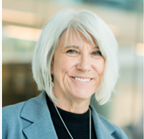
Prof. Joan B. Rose MSU
Michigan State University
Dr. Joan B. Rose is the Homer Nowlin Chair in Water Research and Director of the Water Alliance at Michigan State University. She earned her B.Sc. and Ph.D. in Microbiology from the University of Arizona and an M.S. in Microbiology from the University of Wyoming.
Recognized globally as a leader in water microbiology, public health microbiology, and pathogen surveillance, Dr. Rose’s research emphasizes viral metagenomics, microbial source tracking, and quantitative microbial risk assessment (QMRA).
She has authored over 300 peer reviewed publications and holds several prestigious honors, including the Athalie Richardson Irvine Clarke Prize (2001) and the Stockholm Water Prize (2016). In 2011, she was elected to the U.S. National Academy of Engineering.
Dr. Rose leads the Global Water Pathogens Project, in collaboration with UNESCO, and advises statewide water quality monitoring programs in Michigan, including wastewater surveillance efforts.
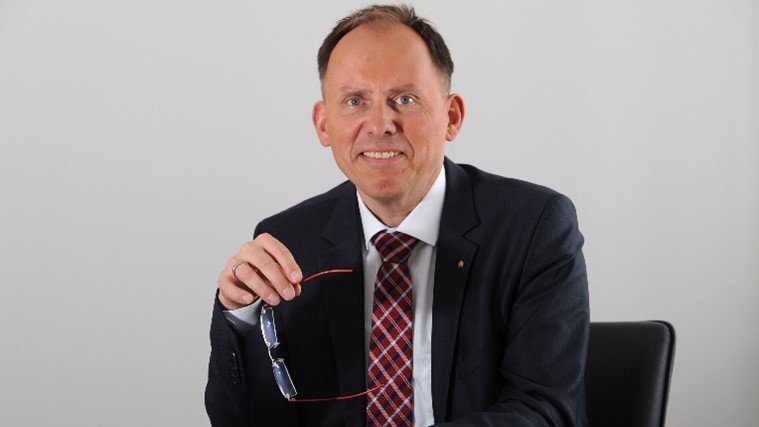
Prof. Dr. Eberhard Haunhorst
Head of Department 3 of the Federal Ministry of Agriculture, Food and Regional Identity
Prof. Dr. Eberhard Haunhorst was born in 1961 Borgentreich / Nordrhein-Westfalen/Germany
He studied veterinary medicine from 1981 to 1987 at the Free University of Berlin. After his graduation he joined the he official veterinary service in 1988 and is specialist veterinarian for public veterinary services since 1990. From 1993 to 1995 he acted as officer for food and meat hygiene at the Senator for Health of Bremen. From 1996 to 2001 he was Head of the Food Monitoring, Animal Welfare and Veterinary Service of the State of Bremen.
In 2002 he became President of the Lower Saxony State Office for Consumer Protection and Food Safety in Oldenburg and fulfilled this Position until he became Head of Department 3 (Food Safety and Animal Health) of the Federal Ministry of Agriculture, Food and Regional Identity on July 15, 2025. In 2009 he was appointed as honorary professor by the University of Veterinary Medicine Hannover (TiHo) Foundation in 2009 and in 2021 by the National University of Life and Environmental Sciences of Ukraine.
Prof Haunhorst is an internationally recognized expert in matters of food safety, consumer protection and public veterinary services with decades of relevant professional experience. He published numerous scientific publications in the field of consumer protection and implemented frewuently international projects in the field of food safety and animal health.
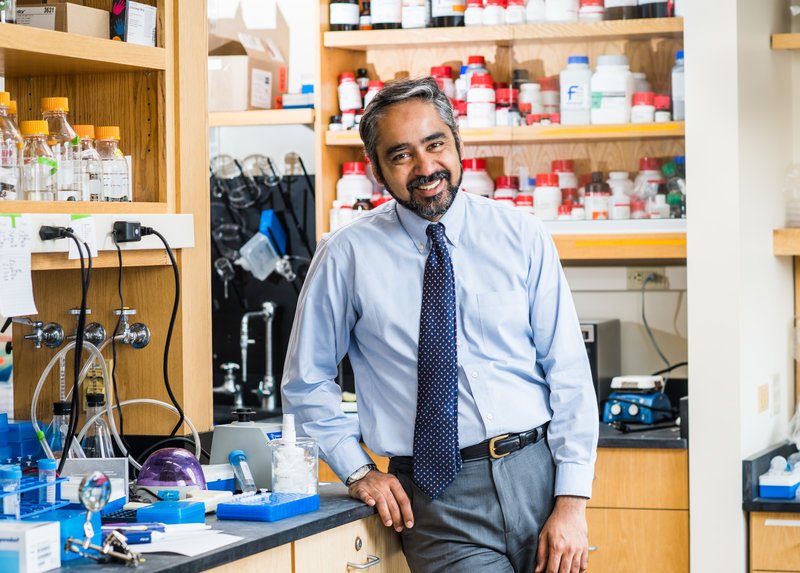
Muhammad Zaman (Professor)
Boston University, USA
Dr. Muhammad Zaman is an Howard Hughes Medical Institute Professor of Biomedical Engineering and Global Health at Boston University and the inaugural director of the Center on Forced Displacement. He received his master’s and P.h.D from the University of Chicago. His research focuses on disease dynamics and access to healthcare in complex environments including refugee camps, urban informal settlements and humanitarian emergencies. In addition to five books and over 18- peer-reviewed research articles, Professor Zaman has written extensively on innovation, refugee and global health in newspapers around the world. His newspaper columns have appeared in over 30 countries and have been translated into eight languages. He has won numerous awards for his teaching and research, the most recent being Guggenheim Fellowship (2020) for his work on antibiotic resistance in refugee camps.
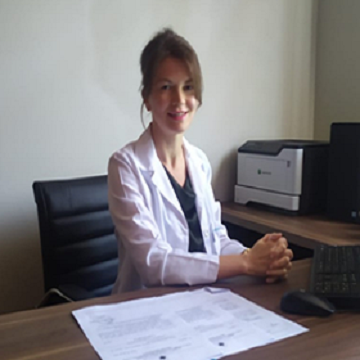
Erinda Lika (Prof.Dr.)
Agricultural University of Tirana
Prof. Dr. Erinda Lika is Deputy Rector for Scientific Research and Projects at the Agricultural University of Tirana. She holds a Ph.D. in Veterinary Science and is a Fulbright Visiting Scholar at Michigan State University, focusing on antimicrobial resistance within the One Health framework. With over 20 years of academic and research experience, Prof. Lika specializes in veterinary pharmacology, pharmacovigilance, microbiome, ecotoxicology, and food safety. She has coordinated numerous international and EU-funded projects on circular economy, environmental protection, and sustainable agri-food systems, and serves as Albania’s National Contact Point for Horizon Europe in the areas of food, bioeconomy, and natural resource.
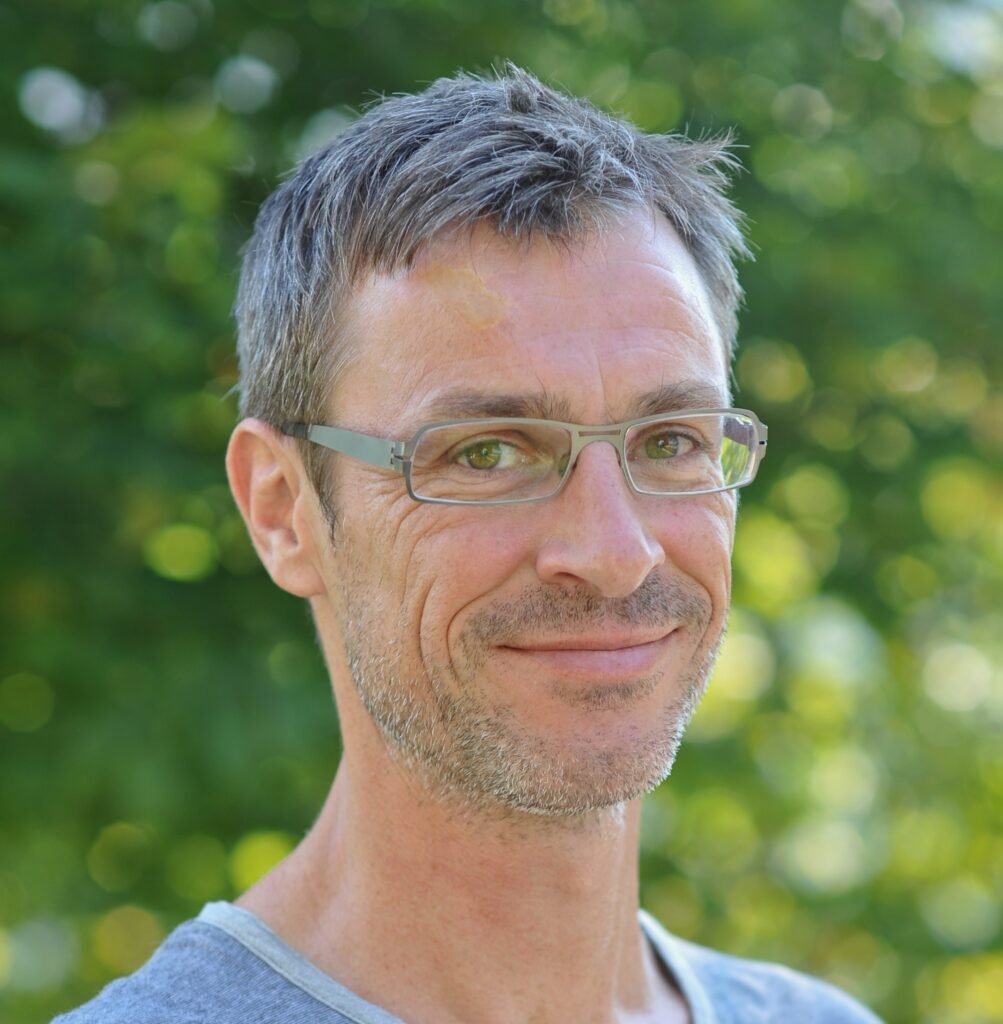
Daniel Müller (Adjunct Professor)
Humbold University, Germany
Daniel Müller holds a diploma and a doctoral degree in agricultural sciences. He is an adjunct professor of geography at Humboldt-Universität zu Berlin and leads the Land Systems Group at the Leibniz Institute of Agricultural Development in Transition Economies (IAMO). His research explores land-system change and its interrelationships with rural livelihoods, food security, carbon dynamics, and biodiversity. He also examines the impacts of climate change on agriculture, including mitigation and adaptation strategies. Daniel’s primary geographic focus includes the Western Balkans, the post-Soviet region, and China.
He is also a member of the Scientific Steering Committee of the Global Land Programme (GLP).
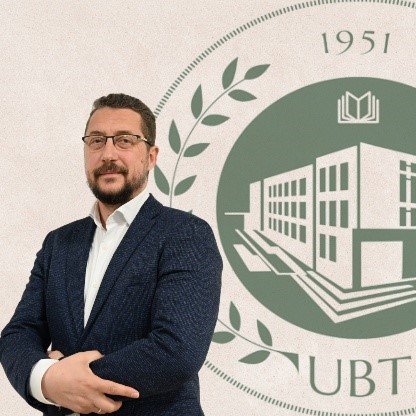
Endrit Kullaj (Prof.Dr.)
Agricultural University of Tirana
Endrit Kullaj is Professor of Horticulture at the Agricultural University of Tirana (AUT), where he directs Science and International Relations and serves as Editor-in-Chief of the Albanian Journal of Agricultural Sciences. Trained as an agronomist and economist (AUT), he holds an MSc and Doctorate in Horticulture and Plant Protection (2006) and a PhD from the University of Bologna (2007). ). He has also spent research stages at INRA URZF & U.M.F PIAF, CIHEAM Italy, University of Bologna, Ohio State University, etc. on plant environmental physiology techniques and modelling, molecular biology, diagnosis and breeding techniques, micropropagation and clonal selection of fruit trees. He teaches courses on plant science, crop production, biology of horticultural crops, environmental physiology, fruit breeding, etc. His research addresses climate-resilient fruit production, focusing on plant–environment interactions, water-use efficiency, and plant-based sensing for irrigation decision support, with applications in apples, pears, berries, and grapevine. His recent work advances precision horticulture and decision-support systems to mitigate drought and heat stress in Mediterranean orchards. He has coordinated/participated in 40+ international projects and authored 130+ publications. Endrit Kullaj is also a well-known consultant and experts in many development projects funded by GIZ, SNV, ADA, WB, USAID, UNDP, etc..
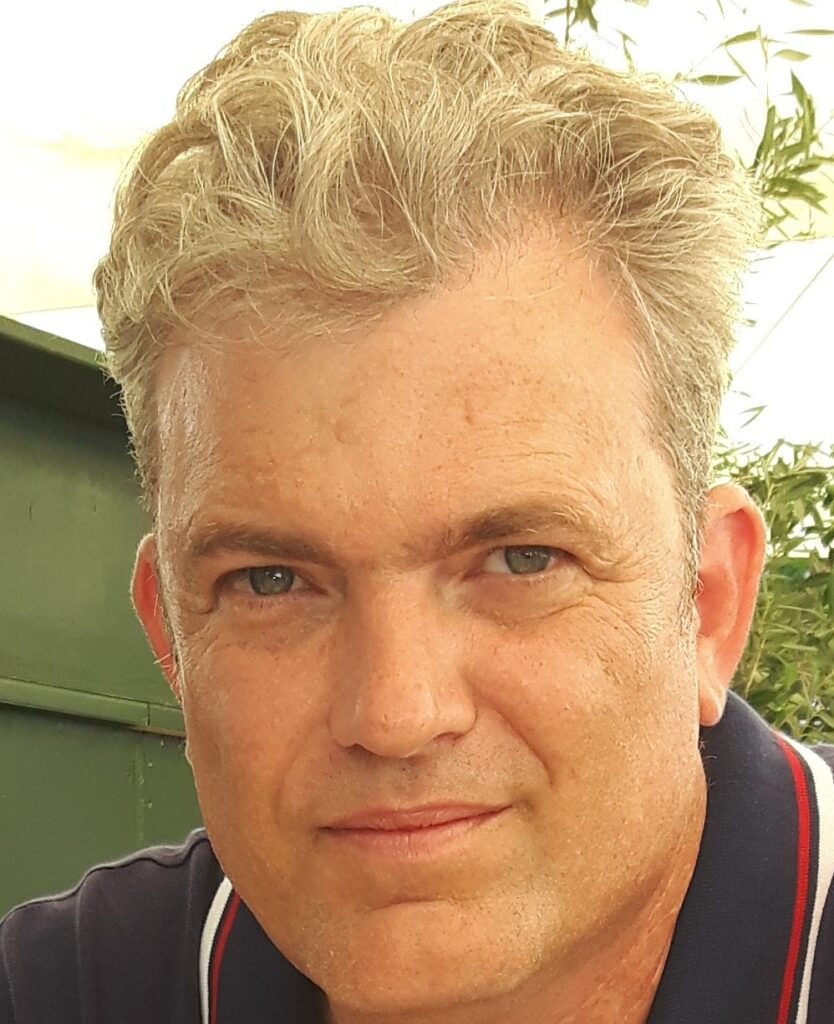
Luuk Fleskens (Associate Professor)
Wageningen University, The Netherlands
Dr. Luuk Fleskens is an Associate Professor in Sustainable Land Management at Wageningen University, where he earned his PhD in 2007. With over 25 years of experience, his work focuses on assessing the impacts of land and water management, particularly in Africa and Southern Europe. His research considers three aspects of informing sustainable land management: unlocking spatial soil management information; assessing viability and sustainability of land management; and appreciating land management decisions. He coordinates large interdisciplinary projects, including the Horizon Europe initiatives PHITO and FoSTA-Health, respectively on agricultural digitalization for small and medium-scale farmers in Europe and on food system transformation in southern Africa. He has contributed to digital tools such as the Soil Quality App (SQAPP) and the PHITO Platform for smart farming solutions. He has published over 80 papers in scientific journals and currently acts as the interim chair of the Soil Physics and Land Management group at Wageningen University.
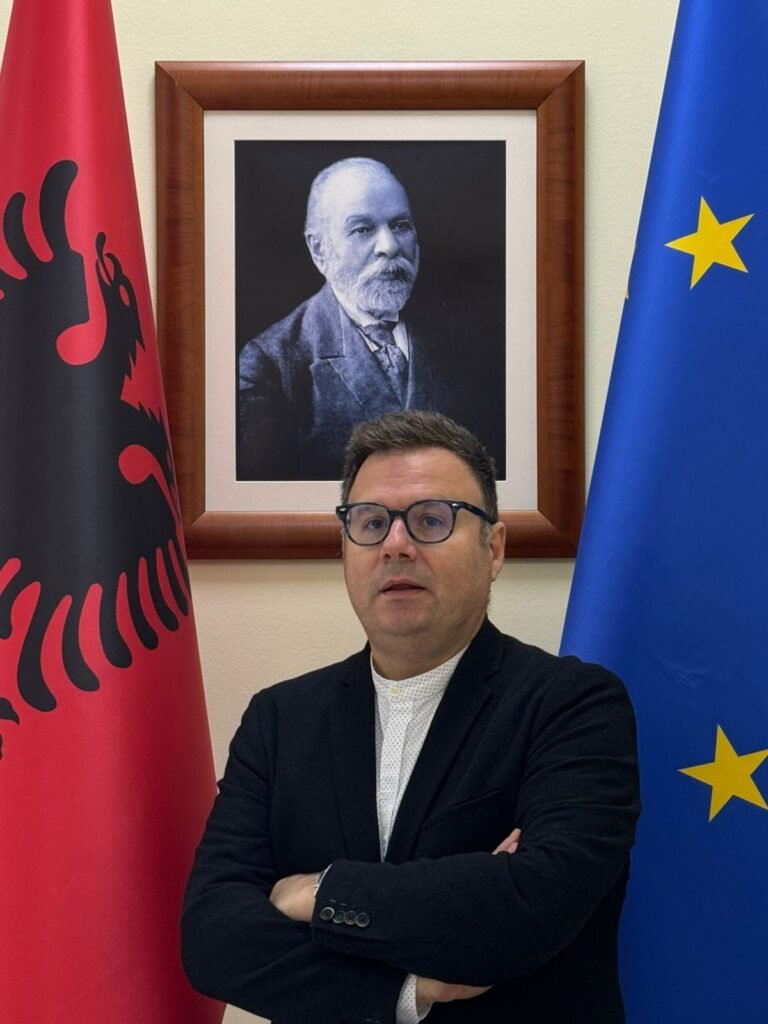
Fatmir Guri (Assoc. Prof. Dr.)
Ministry of Agriculture and Rural Development
Assoc. Prof. Dr. Fatmir Guri (emails: fatmir.guri@bujqesia.gov.al; fatmirguri@ubt.edu.al ) is an Associate Professor with 23 years of experience. He completed all of his postgraduate studies in France, earning a Master of Science at CIHEAM-IAM Montpellier, a Diplôme d’Études Approfondies (DEA) at the University Paul-Valéry Montpellier 3, and a PhD in Economics (Agricultural Economics) at Montpellier SupAgro, France (2008). His work and experience also include three years at the European Commission. He coordinates the modules “Economics of Natural Resources and the Environment,” “Economics of Sustainable Agri-food Systems,” and “History of Economic Thought.” His research interests and publications focus on land economics. Another line of research concerns the productivity of agricultural systems and the typology of farming systems in Albania. He co-supervises master’s and doctoral research across several European universities. He has led a series of research and development projects under the European Commission, coordinated Erasmus+ KA1 and Capacity Building projects, and carried out research projects funded by the National Agency for Scientific Research and Innovation (AKKShI), among others. He is a member of various research networks on farming systems and rural development in Mediterranean areas (RAFAC), Foncimed (land issues in the Mediterranean), MODAM, etc. From 2015 until March 2021, he served on the Higher Education Accreditation Board (formerly the Higher Education Accreditation Council). From 2021 to 2024, he was part of the Cabinet of the Minister of Agriculture and Rural Development.
Since October 2025, he serves as Deputy Minister of Agriculture and Rural Development, responsible for negotiations with the European Union.
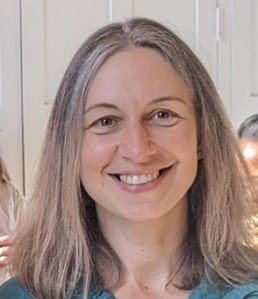
Lindsay C. Stringer (Professor)
University of York, UK
Lindsay C. Stringer MBE is Professor in Environment and Development at the University of York, UK, Director of the York Environmental Sustainability Institute, and Associate Director of the Leverhulme Centre for Anthropocene Biodiversity. She is an interdisciplinary environmental scientist whose research focuses on land degradation, climate change and biodiversity and their links to development challenges including food, water and energy security. She uses both quantitative and qualitative methods and delivers impact by engaging stakeholders to both co-develop research and to inform decision making and action. She has published more than 220 papers in international journals and is an Intergovernmental Panel on Climate Change (IPCC) and Intergovernmental Platform on Biodiversity and Ecosystem Services (IPBES) author. She holds an MBE for services to environmental development and has previously been a Philip Leverhulme Prize winner and holder of a Royal Society Wolfson Research Merit Award.
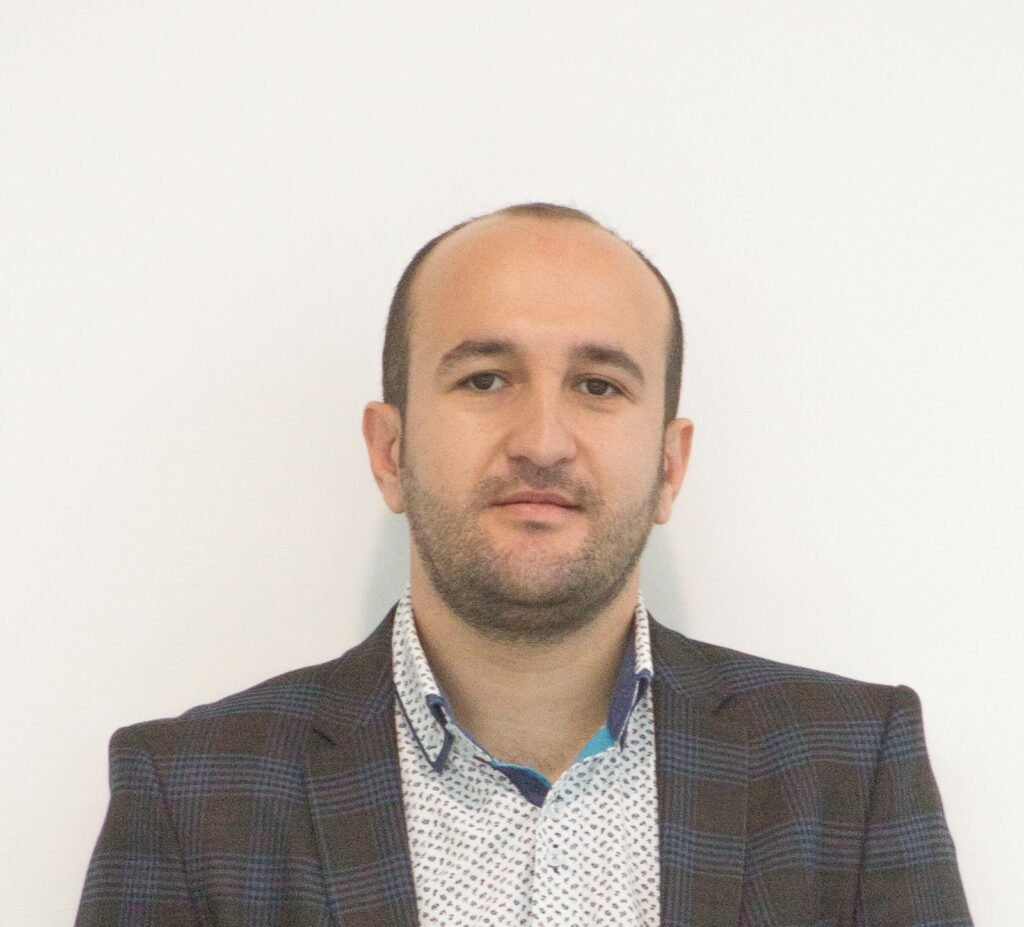
Edmond Nurellari (Associate Professor, PhD, MSc, BSc)
University of Lincoln, UK
Dr. Nurellari is currently an Associate Professor/Programme Leader in Electrical and Electronic Engineering/Robotics at University of Lincoln, UK. Dr. Nurellari was awarded the Carter Prize for the best Ph. D. thesis, titled “Distributed Detection and Estimation in Wireless Sensor Networks: Resource Allocations, Fusion Rules, and Network Security”. Dr Nurellari has been leading several programme developments, programmes reviews and accreditation with IET, ABET and IMEechE both at national and international level.
Research interests include smart farming, Internet of Agriculture Things, drone-based communication systems, distributed signal processing and AI, signal processing on graphs, resource allocations, distributed decisions and network security analysis in wireless sensor networks. Over the past few years, Dr. Nurellari has served as a Reviewer for several UKRI grants including EPSRC and Future Leaders Fellowship, Track Chair and TPC Member for IEEE iSES, Guest Associate Editor of Special Issue “Towards Next Generation UAV- Enabled Applications: Communication, Sensing and Security”, Aerial and Space Networks journal, Guest Editor of Special Issue “Smart Agricultural Applications with Internet of Things” for Sensors Journal, and as an Invited Reviewer for IEEE flagship journals and conferences.
Dr. Nurellari lead the development of IoT Wireless Sensor Network for Potato Stores part of the UK-India consortium that was awarded £1200K under Innovate-UK Newton Bhabha call on postharvest agricultural waste reduction. Dr. Nurellari’s recent research on the security challenges in smart agriculture has been a focus of the IEEE Spectrum blog: Cybersecurity Report: “Smart Farms” Are Hackable Farms. Net- and IoT-connected agriculture could help feed 8.5 billion by 2030—but also may be broadly vulnerable to cybersecurity threats.
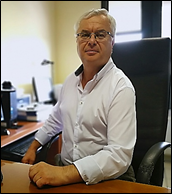
Giuseppe Maiorano
University of Molise, Italy
Giuseppe Maiorano is a Full Professor of Animal Science at the University of Molise (Italy). He was the Rector’s Advisor for International Relations (until May 2025). He is currently Rector’s Delegate for Doctoral Programmes and a member of the Bioethics Committee at the University of Molise. He coordinates the PhD Program in Agri-food Production Sciences (DOT 22SFTY2). He began his research career in 1988 with a fellowship at the Department of Animal Science, University of Wyoming (USA), where he returned for further research stays in 1991 and 1999. He is coordinator of national projects and has participated in several EU-funded projects, including the FP7 Programme and has been coordinator in multiple ERASMUS+ KA107 International Credit Mobility projects. He serves as the University of Molise coordinator for the strategic project TNE23-00059 HEALTH-CONNECT – Health Education and Advanced Learning Through Collaboration, Opportunities, Networking, and Educational Connections in Balkan and Asian Countries. He was member of the Group of evaluation experts (GEV) in the Italian Evaluation of Research Quality 2015-2019 (VQR). He has authored over 180 scientific publications (90 indexed in Scopus, H-index: 28). Prof. Maiorano has been an invited speaker and a member of scientific and organizing committees at numerous international conferences. He is a member of the “American Society of Animal Science” and “Animal Science and Production Association”. In recognition of his international contributions, he received awards from the Faculty of Biotechnology and Food Sciences of the Slovak University of Agriculture in Nitra (2013), and was named a foreign academic by the Academiae Scientiarum Agriculturae Slovacae in 2014.
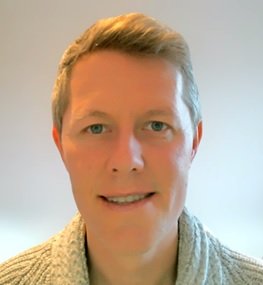
Ass. Professor Gerald Barry
Educational Aspects of University College Dublin One Health Centre
(Officially designated a WHO Collaborating Center)
Dr. Gerald Barry is an Ass. Professor in the School of Veterinary Medicine, University College Dublin, Ireland and acts as Deputy Director of the UCD One Health Centre (www.ucd.ie/onehealth). He teaches across Veterinary medicine (pre-clinical), while also contributing to some MSc programmes, as well as science and medicine teaching.
Gerald manages a research group that is engaged in work on viruses that have the ability to cause disease in animals or humans, and in some cases, both. They study the molecular interactions of a virus with its hosts cellular environment and it’s innate immune system, while also engaging in research on a macro level outside of the body, touching on areas such as virus persistence, virus transmission and biosecurity.
Dr. Gerald completed his BSc in Human Genetics at Trinity College Dublin (1999–2003), followed by a Master’s degree in Biological Sciences at the University of Edinburgh (2003–2004). He continued at Edinburgh to pursue a PhD in Virology (2004–2008. After his PhD, he undertook two prestigious postdoctoral fellowships: first as an EU 7th Framework Programme Postdoctoral Fellow at the University of Edinburgh (2009–2012), and subsequently as a Wellcome Trust Postdoctoral Fellow at the MRC–University of Glasgow Centre for Virus Research (2012–2014). These formative experiences provided him with advanced expertise in molecular virology and host–pathogen interactions, while also broadening his research scope to include viral epidemiology and cross-species transmission. Gerald is passionate about science communication and tries, where possible, to explain research and information about virus infections, in an effective and understandable way.
With all of his work, he tries to take a One Health approach by engaging with multiple disciplines and learning from others.
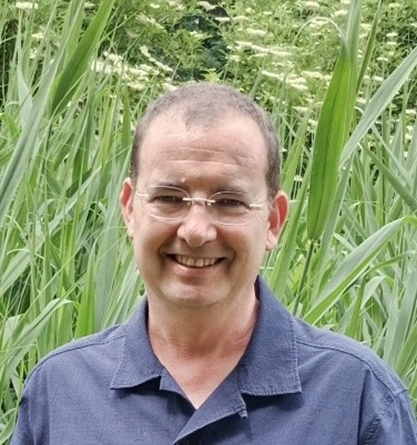
Günter Langergraber
BOKU University, Austria
Günter Langergraber is Senior Scientist at the Institute of Sanitary Engineering and Water Pollution Control at the University of Natural Resources and Life Sciences Vienna (BOKU University) in Austria with more than 25 years’ experience in wastewater and sanitation related research. His main research topics being treatment wetlands, nature-based solutions, and resources-oriented sanitation systems. Günter Langergraber is an International Water Association (IWA) Fellow and is and was active in various positions in the IWA. Günter Langergraber was recently appointed as one of the designated Co-Chairs of the new IWA Cluster on Nature-based Solutions.
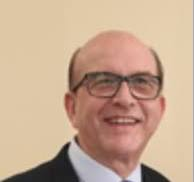
Antonio Crovace
University of Bari Aldo Moro
Professor of Veterinary Surgery at the University of Bari Aldo Moro, with a degree in Veterinary Medicine (1982) and extensive research and teaching experience. His work focuses on bone disease, neurotrauma, and cell therapy, with collaborations across Europe and the USA. He has coordinated national and international projects, including studies on osteoinductive materials, cartilage grafts, kidney sepsis, and minimally invasive medical technologies.
He has served as President of the Italian Society of Veterinary Surgery (2007–2009, 2023–present), President of the Federation of Italian Veterinary Science Societies (SISVET), and Orthopedic Surgery Specialty Chair for AVEPA-SEVC. He has advised the Italian Ministry of Health on animal welfare and stem cell guidelines in veterinary medicine.
Author of over 350 scientific papers, three international patents, and recipient of six scientific awards, he holds an H-index of 35 with more than 3,500 citations (SCOPUS).
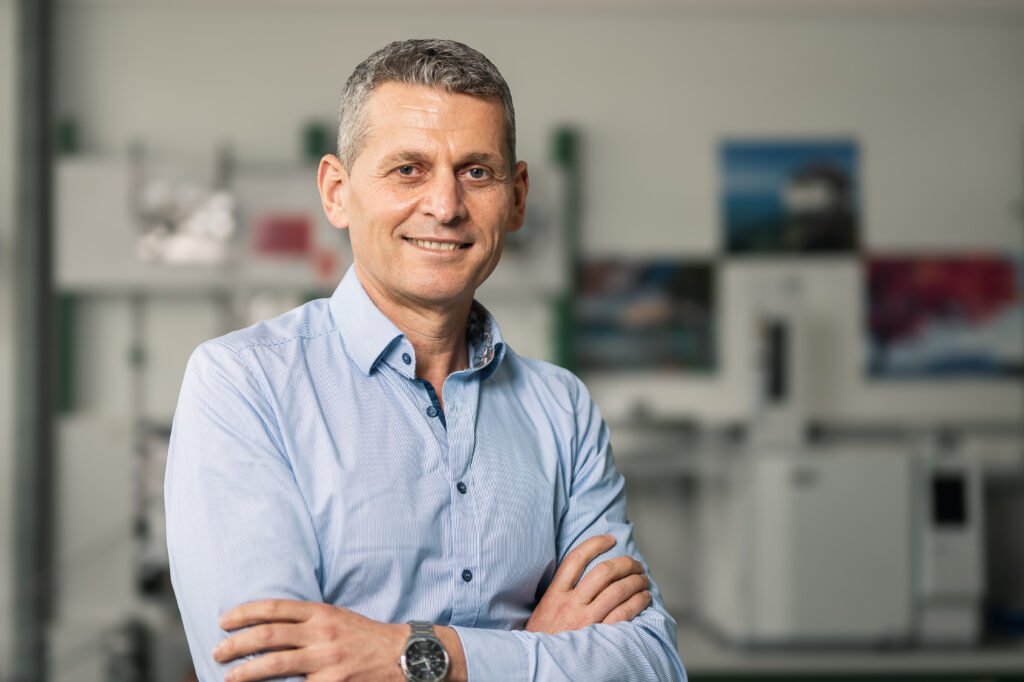
Qendrim Zebeli
University of Veterinary Medicine Vienna in Austria
Qendrim Zebeli is a Full Professor of Animal Nutrition and Director of the Centre for Animal Nutrition and Welfare at the University of Veterinary Medicine Vienna in Austria. Prof. Zebeli serves also as the Head of the Christian-Doppler-Laboratory for Innovative Gut Health Concepts in Livestock – an externally funded long-term research initiative aiming to advance knowledge in preventative farm animal medicine and biomarker discovery. Qendrim is a veterinary graduate of the Agricultural University of Tirana, holds a M.Sc. in Animal Production from IAMZ/CIHEAM Zaragoza/Spain, and a PhD and an advanced PhD (“Habilitation”) in the field of Animal Nutrition and Feed Sciences from the University of Hohenheim in Germany. Qendrim has an extensive experience in the successful management of multidisciplinary and international research projects with main research stays in Germany, the Netherlands, Spain, Italy, and Canada. Prof. Zebeli has authored more than 270 peer-reviewed papers and supervised more than 20 PhD students and 10 Postdocs so far. His graduates hold important research and faculty positions worldwide. Qendrim is a frequent invited speaker at various scientific and practical events worldwide. He teaches classes of Animal Nutrition and Dietetics and serves regularly in Editorial boards and scientific committees internationally. His main research interests are in the interface of feed science, nutritional physiology and health of ruminants with particular emphasis of gastrointestinal health in dairy cattle.
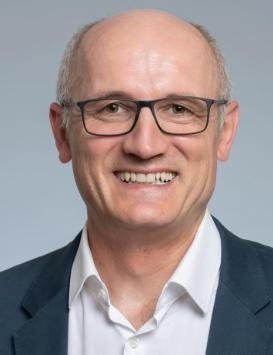
Thomas Ertl (Univ.Prof. Dipl.-Ing.Dr.nat.techn.)
BOKU University, Austria
Thomas Ertl is a full professor at BOKU University in Vienna. He is associated with the Department of Landscape, Water, and Infrastructure, where his research and teaching focus on infrastructure and urban water management. Prof. Ertl’s work often addresses asset management, flood risk assessment, and the development of innovative solutions for water-related challenges. He is recognized for his contributions to both academic research and practical applications in the field of environmental sciences.He is also a member of the Scientific Steering Committee of the Global Land Programme (GLP).
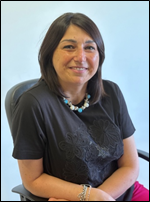
Siria Tavaniello
University of Molise, Italy
Siria Tavaniello is an Associate Professor of Animal Science at the University of Molise, Italy, since 2021. She earned her Ph.D. in “Welfare, Biotechnology and Quality of Animal Production” from the University of Molise in 2014. She has participated in both national and EU-funded projects, including the FP7 programme, and was involved in multiple ERASMUS+ KA107 International Credit Mobility projects. Her research, conducted within various national and international projects, focuses on the effects of endogenous and exogenous factors on both in vivo and post-mortem performance across different livestock species. She has authored 38 peer-reviewed scientific publications (H-index: 18) and over 50 conference papers. She participated in various national and international congress also as a speaker, receiving two awards for best paper and oral presentation. She is a member of the Animal Science and Production Association. Her teaching portfolio includes courses on Sustainable Livestock Production and Animal Welfare, as well as Laboratory of Sensory and Rheological Analysis of Meat and Meat Products. She is committee member of the International Ph.D. programme in “Agri-food Production Sciences”. Additionally, she is part of the Quality Management Unit for the degree programme in Agricultural Science and Technology at her department.
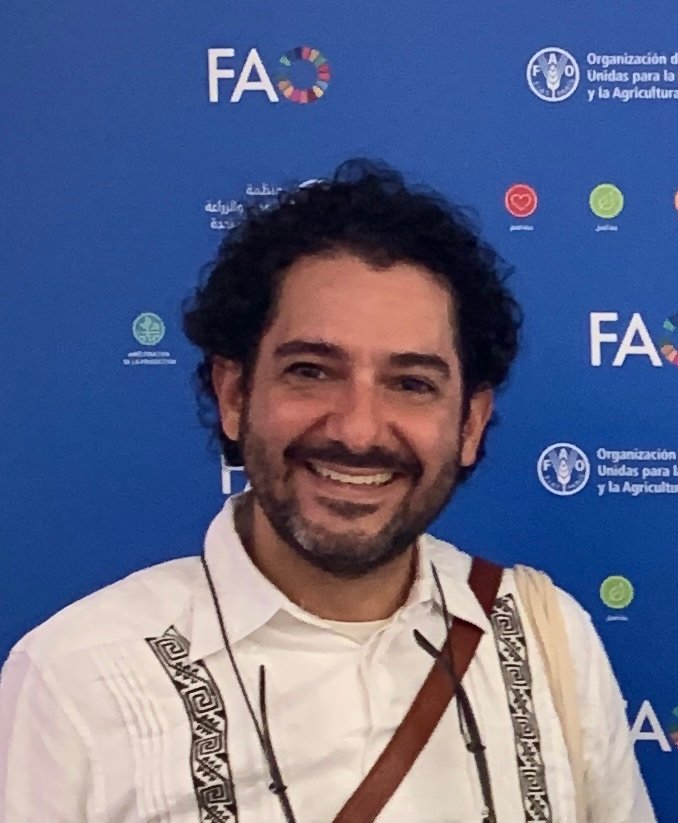
Francelino Rodrigues, Dr.
FAO, Albania
Dr. Francelino Rodrigues has been working in Precision Agriculture and Remote Sensing since 2004, including his MSc, PhD and Postdoctoral studies. During his scientific trajectory he obtained experience with geospatial technologies in contrasting agricultural systems (coffee, sugarcane, cereals and livestock pasture-based systems) in a range of countries from different continents (Latin America, South Asia, East Africa, Oceania and most recently at Central-Asia/Western Balkans) and at different spatio-temporal scales – from plot experiments towards smallholder and commercial farms’ systems and regional scales. Dr. Rodrigues’ research focuses on the analysis and interpretation of spatial and temporal agricultural data sets, generated using proximal and remote sensing technologies. He has applied these technologies extensively for field surveys to retrieve biophysical and biochemical traits of vegetation and soil, enabling scalable high-throughput field phenotyping for fostering the development of decision support systems to stakeholders and end-users from different primary industries. He has mentored postgraduate students, research assistants and scientists in the effective use of remote sensing products for agricultural research, and has designed comprehensive research programme that promotes sustainable practices through geospatial solutions tailored to the needs of the primary sector. Currently, Dr. Rodrigues serves as Senior Technical Advisor on Digital Agriculture for the Food and Agriculture Organization of the United Nations (FAO), based in Albania, where he leads the Digital Agriculture and Rural Transformation (DART) programme – a Joint SDG Fund investment promoting digital inclusion and empowering smallholders.
